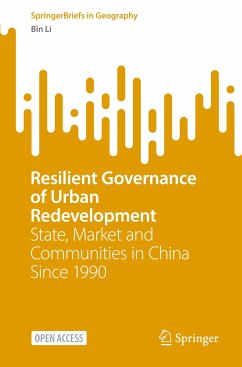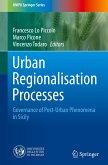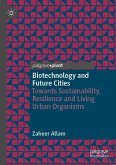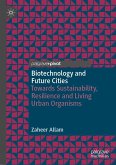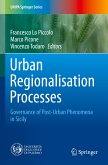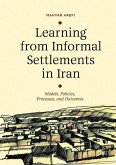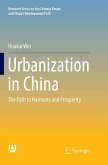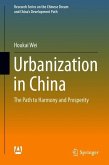To examine the origins, characteristics, and outcomes of resilient governance with Chinese characteristics, this open access book takes Guangzhou, a typical Chinese city from 1990 to 2015, as an example. Through participant observation, semi-structured interviews, and the collection of secondary data, this book finds that (1) the institutional context can be described as an authoritarian land-oriented pro-growth regime; (2) there are three phases with different patterns of governance: the Primitive Market Phase (1990-1998), the Pure Government Phase (1998-2006) and the Multiple Players Phase (2006-2015); (3) redevelopment can serve as a model of resilient governance because it changes in time in a dynamic environment to maximise economic growth; (4) an authoritarian land-oriented pro-growth regime is the key to support such a resilient governance model.
This is an open access book.
This is an open access book.

